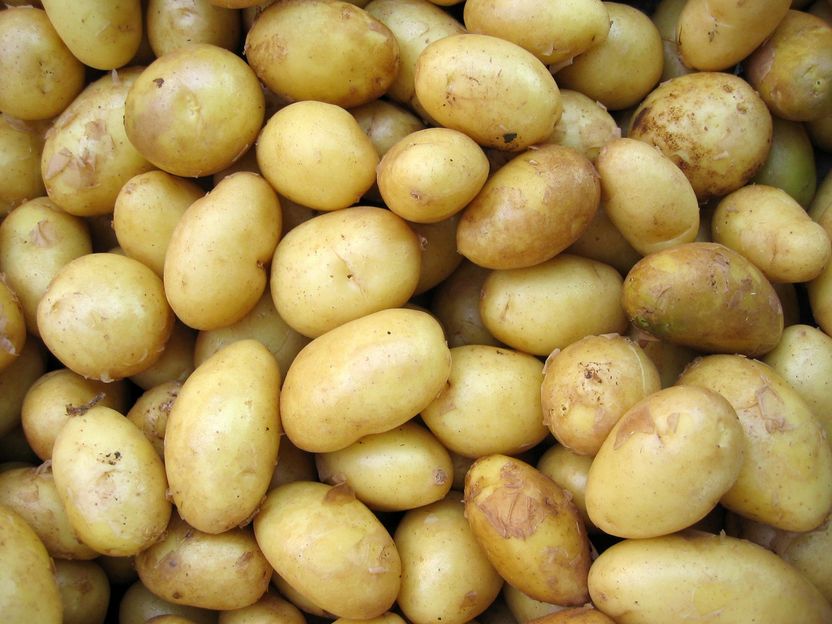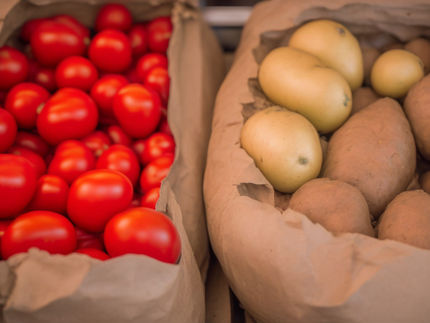Glycoalkaloids in potatoes: public health risks assessed
Peeling, boiling and frying can reduce the content of glycoalkaloids in food
EFSA has assessed the risks to human and animal health related to the presence of glycoalkaloids in food and feed, particularly in potatoes and products derived from potatoes.

Photo by Hai Nguyen on Unsplash
Glycoalkaloids are naturally occurring compounds found in the Solanaceae family of plants, which includes potatoes, tomatoes and aubergines.
Experts identified a health concern for infants and toddlers, considering both mean and high consumers. Among adults, there is a health concern for high consumers only. Glycoalkaloids poisoning can cause acute gastrointestinal symptoms, such as nausea, vomiting and diarrhoea.
Based on the latest available knowledge, EFSA derived a lowest observed adverse effect level of 1 milligram per kilogram of body weight per day. This equates to the lowest dose at which undesired effects are observed.
Peeling, boiling and frying can reduce the content of glycoalkaloids in food. For example, peeling potatoes can reduce their content by between 25 and 75%, boiling in water between 5 and 65%, and frying in oil between 20 and 90%.
Most read news
Other news from the department business & finance

Get the food & beverage industry in your inbox
By submitting this form you agree that LUMITOS AG will send you the newsletter(s) selected above by email. Your data will not be passed on to third parties. Your data will be stored and processed in accordance with our data protection regulations. LUMITOS may contact you by email for the purpose of advertising or market and opinion surveys. You can revoke your consent at any time without giving reasons to LUMITOS AG, Ernst-Augustin-Str. 2, 12489 Berlin, Germany or by e-mail at revoke@lumitos.com with effect for the future. In addition, each email contains a link to unsubscribe from the corresponding newsletter.



























































